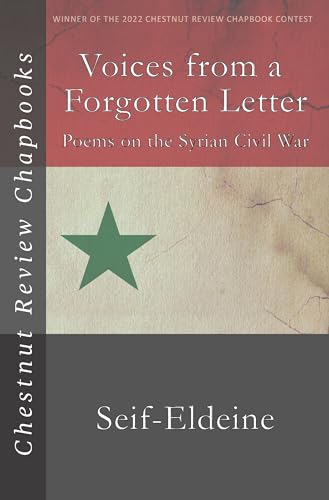"A major focus of ghost excavation, as opposed to ghost ""hunting"", is an archaeology of experience. The emergence of this experience is unearthed through the investigative engagement of haunted space. One aspect of this engagement is performance, which requires a specific sociocultural and historical context of understanding. This context of understanding must be understood in terms of layers of meaning.
Gettysburg is used as a specific example of the use of performative and dramatical activity. Each of these activities performed at Gettysburg predisposes a genre, a set of beliefs, practices, social relations, manifestations, and locations which together define categorically what it is that is manifesting on the battlefield, and what interpretations are being used to understand these performative cultural practices.
The genres of performative action at Gettysburg are important because they are located at places on the battlefield where belief systems become mobilized into actual practice.
This book will explore various haunting uncertainties and cultural situations associated with ghostly activity, and the implications of these performances as they are enacted by ghost hunters, Civil War re-enactors, the tourism industry, and the ""ghosts"" themselves.
"


